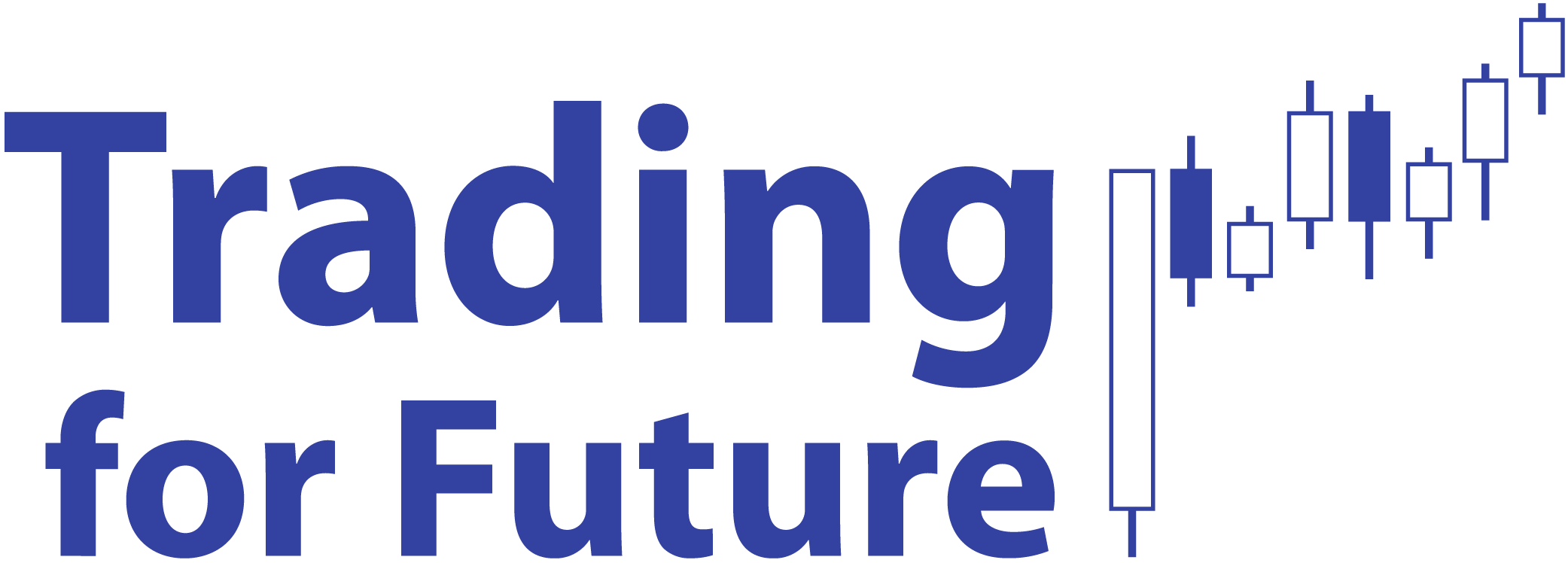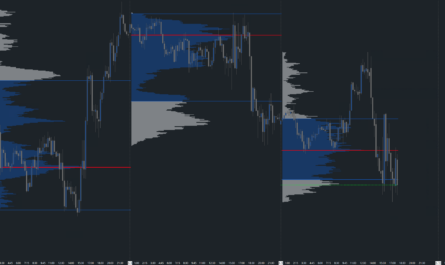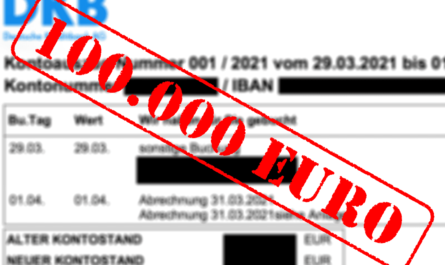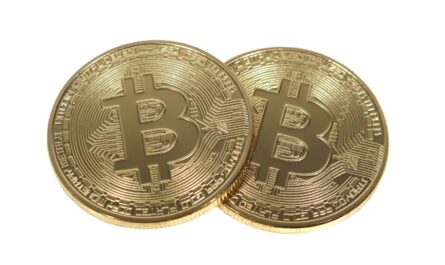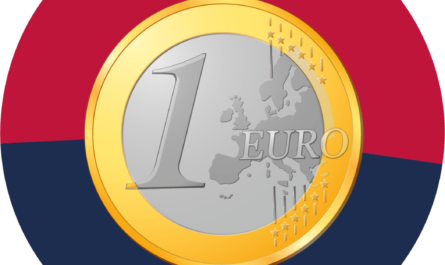In January, a study by the major Dutch bank ING showed that German citizens have comparatively few reserves. At the time, around 30% of those surveyed stated that they had no reserves at all and were therefore struggling from month to month on their salaries and unable to pay for unplanned purchases out of their own funds in an emergency. The blame for this lies with the effects of inflation, which has literally exploded recently, particularly in the case of food. But Germans not only have hardly any savings, they also invest them poorly.
This is the result of a representative survey conducted by C24 Bank. According to the survey, 48% of Germans park most of their money in their checking accounts. Young people aged 18 to 24 in particular are said to prefer this type of investment. Also very popular in this age group are reserves in cash (38%), but also shares and ETFs (25%) and cryptocurrencies (15%). On average, cash investments fall into second place at 28%.
27% stated that they are not currently investing any money at all, while at least a quarter are using call money and fixed-term deposit accounts, which have become considerably more lucrative in recent weeks in particular.
Despite interest return rather current account
Straight Neobroker such as Scalable Capital* or Trade Republic* lure with interest rates of up to 2,3%* on not put on assets, in addition, with the C24 bank gives it durably 2% on the call money, with the ING* under certain conditions for half a year even 3% p.a..
Anyone who invests their reserves in a staggered manner with the help of an interest rate ladder can benefit from the constantly rising interest rates and does not have to jump from offer to offer.
According to the survey, around 23% of Germans invest in equities and ETFs, followed by gold, commodities and cryptocurrencies with 9% and 7% respectively. Just 3% put their money in (government) bonds and 5% could not provide any information at all on their financial investments.
It is also striking that the willingness to save declines with increasing age. In the 55 and older age group, 36% have not invested any assets at all, a significantly larger proportion than in any other age group. By contrast, the proportion of 18- to 24-year-olds who have not invested any assets at all is the highest at 14% – they are often still in education.
Capital gains are lost
In some cases, consumers in Germany are leaving large sums of money in non-interest-bearing accounts. For example, 33% of those surveyed said they had invested assets of up to EUR 5,000 in such accounts. Almost one in two (47%) are said to be hoarding even higher amounts in checking accounts or as cash – without receiving any return. That’s around 32.6 million Germans. Four percent of those surveyed even have more than 50,000 euros in non-interest-bearing accounts. This means that many consumers are voluntarily foregoing money through interest and are allowing inflation, or monetary devaluation, to affect their capital in its entirety.
Already with an investment of 5,000 euro and an interest rate of 2% per year one would receive gross approximately 101 euro in the year. Extrapolated to the above-mentioned half of Germans, consumers thus miss out on interest income amounting to at least 3.3 billion euros a year.
The fact that everyone should have a daily available nest egg is indispensable. We have already looked at better alternatives to call money and fixed-term deposit accounts several times in this blog. In the long term, you should invest your money in the stock market anyway, we had also shown three simple strategies for this. On average, despite possible fluctuations on the stock market, you earn more with broad diversification – the risk of currency devaluation, on the other hand, is safe in the account.
Keyfacts
- 48 % of Germans keep their money in non-interest-bearing accounts
- only a quarter use call money and time deposit accounts
- thus one gives away some at net yields
- Inflation is hitting with full force
- a broadly diversified financial investment remains indispensable
- just like a daily available nest egg
